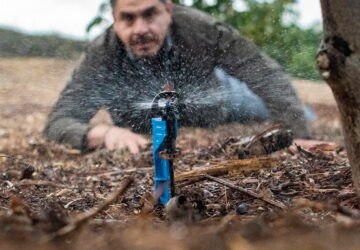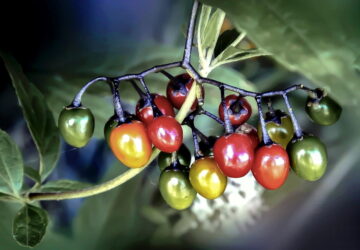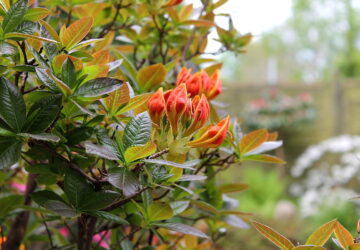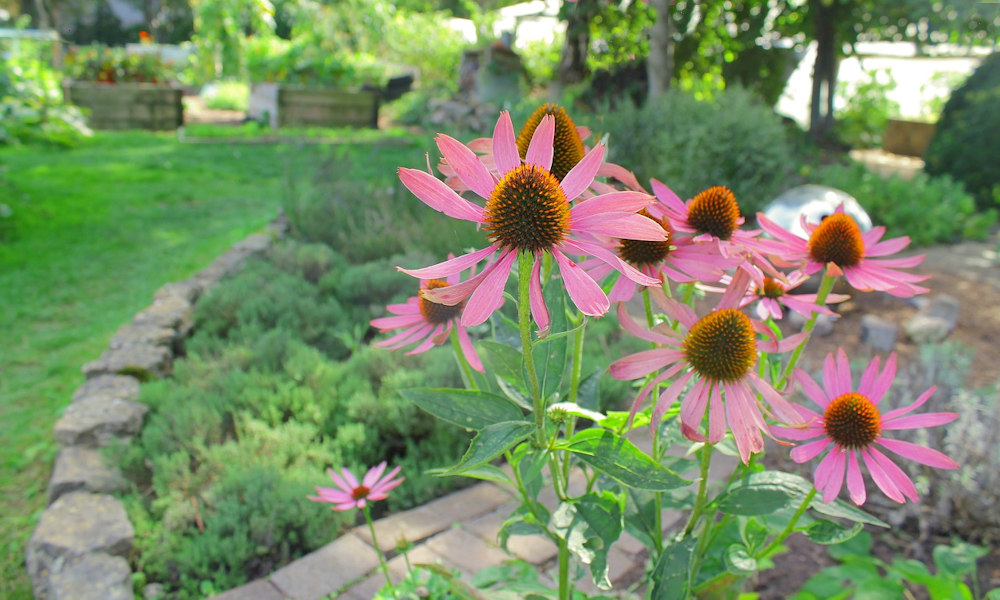As July arrives, the summer season reaches its peak, presenting gardeners with a pivotal moment to ensure the health and beauty of their outdoor spaces. This article provides a comprehensive guide, highlighting the essential gardening tasks that are vital for nurturing a flourishing and vibrant garden during this crucial time of the year. From watering strategies to plant care, discover the key actions to take in July to maximize your gardening success.
Here are some common and important garden tasks for hobby gardeners to consider in July:
Watering
With summer heat in full swing, regular and consistent watering is crucial. Water deeply, preferably in the early morning or late evening, to allow plants to absorb moisture before the heat of the day.
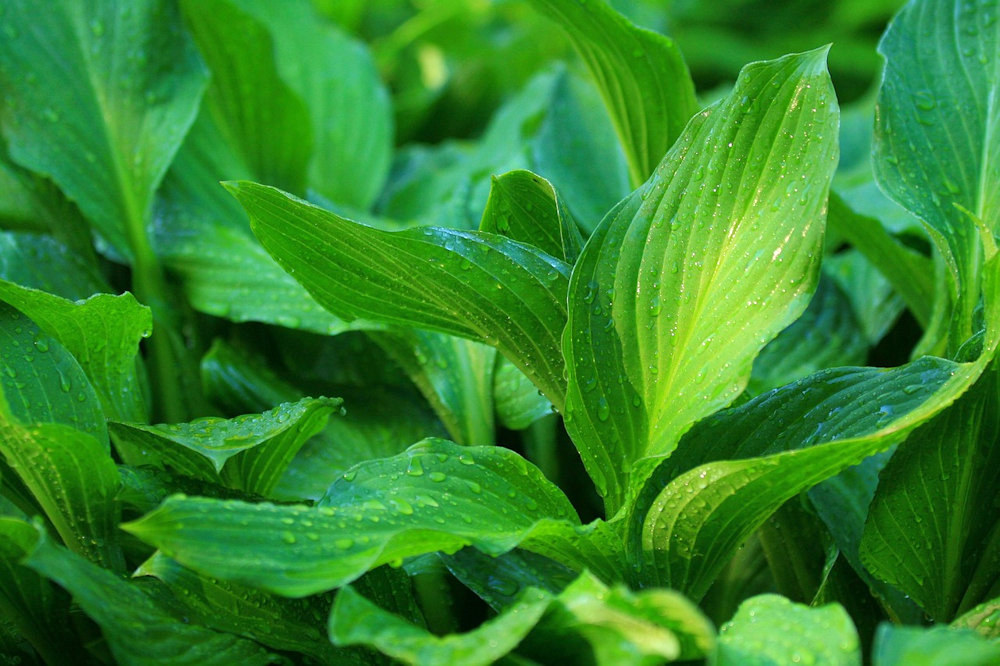
Weeding
Keep up with regular weeding to prevent weeds from competing with your plants for nutrients and water. Removing weeds before they go to seed will help control future weed growth.
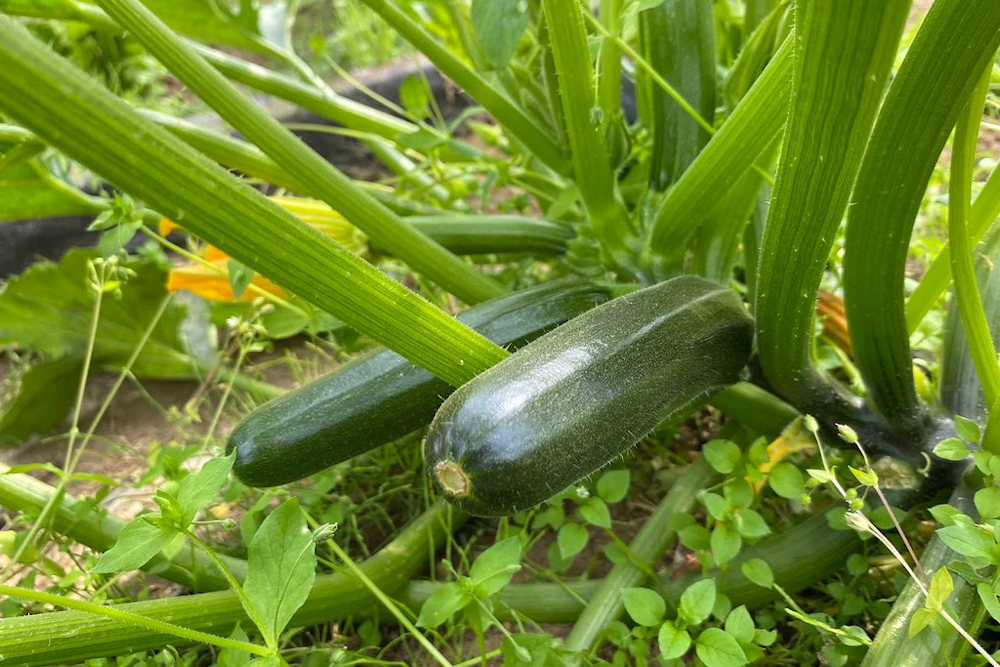
Pruning
Trim back any dead or damaged branches on trees, shrubs and perennials. Prune summer-flowering shrubs and plants that have finished blooming to encourage new growth.
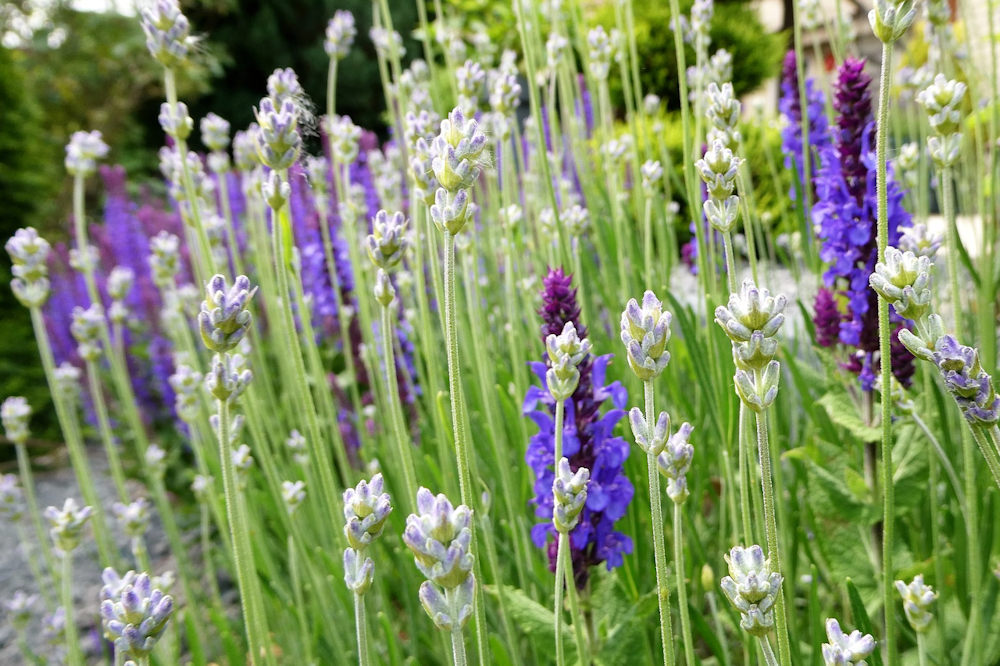
Harvesting
Many fruits and vegetables are ready for harvest in July. Check for ripeness and pick fruits and vegetables like tomatoes, cucumbers, beans, berries and herbs regularly to ensure optimal flavor and to encourage continuous production.
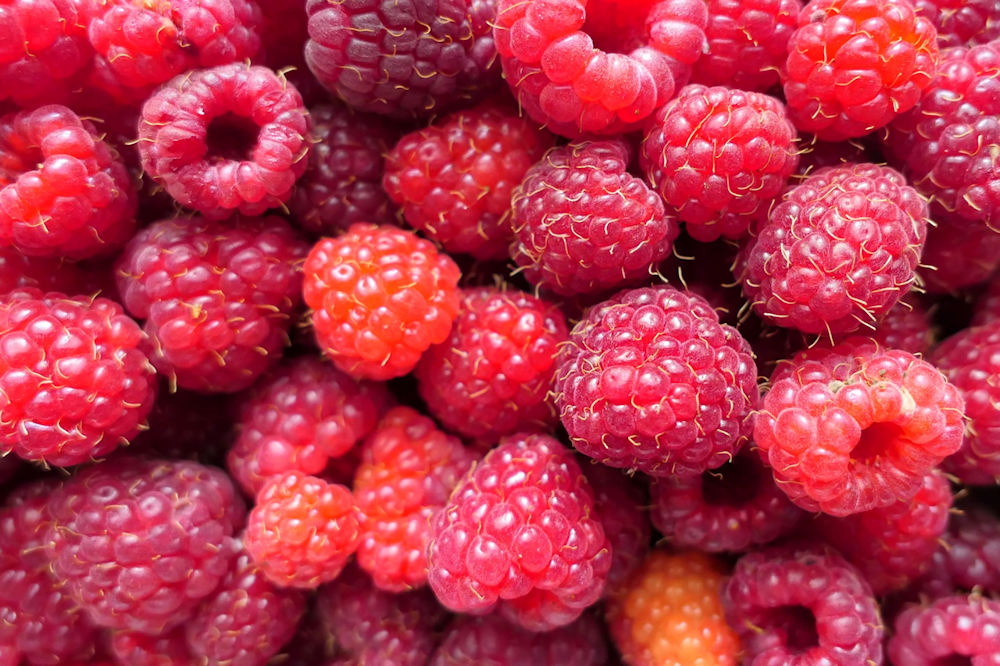
Fertilizing
Apply a slow-release fertilizer or organic compost to nourish your plants. Be mindful of the specific needs of each plant and follow the recommended application rates.
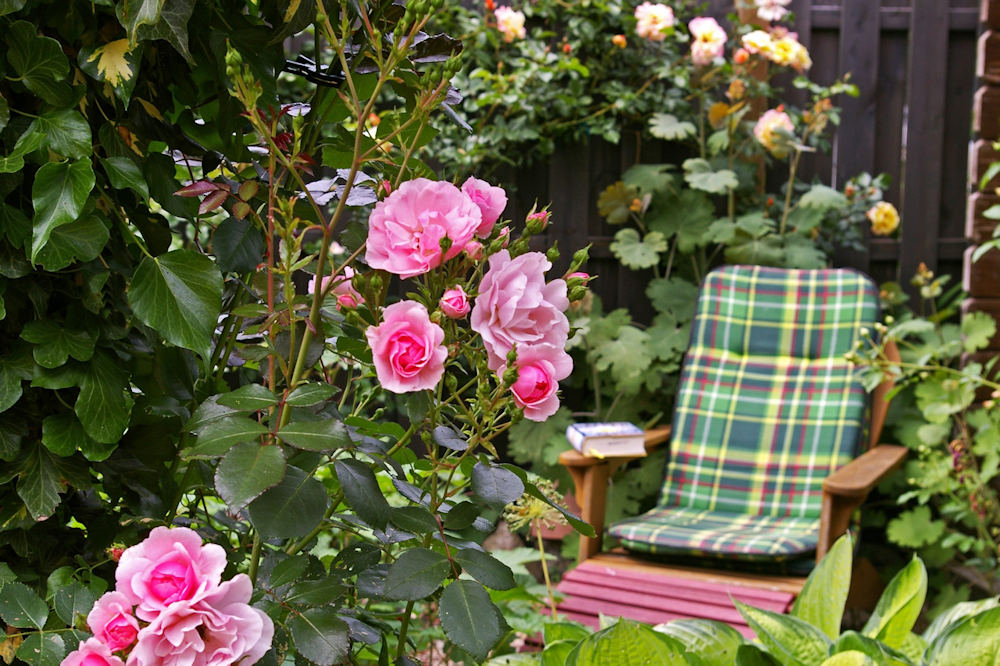
Pest and Disease Control
Monitor your garden for any signs of pests or diseases. Remove any affected leaves or plants and consider using organic pest control methods, such as insecticidal soaps or natural predators, to manage the issue.
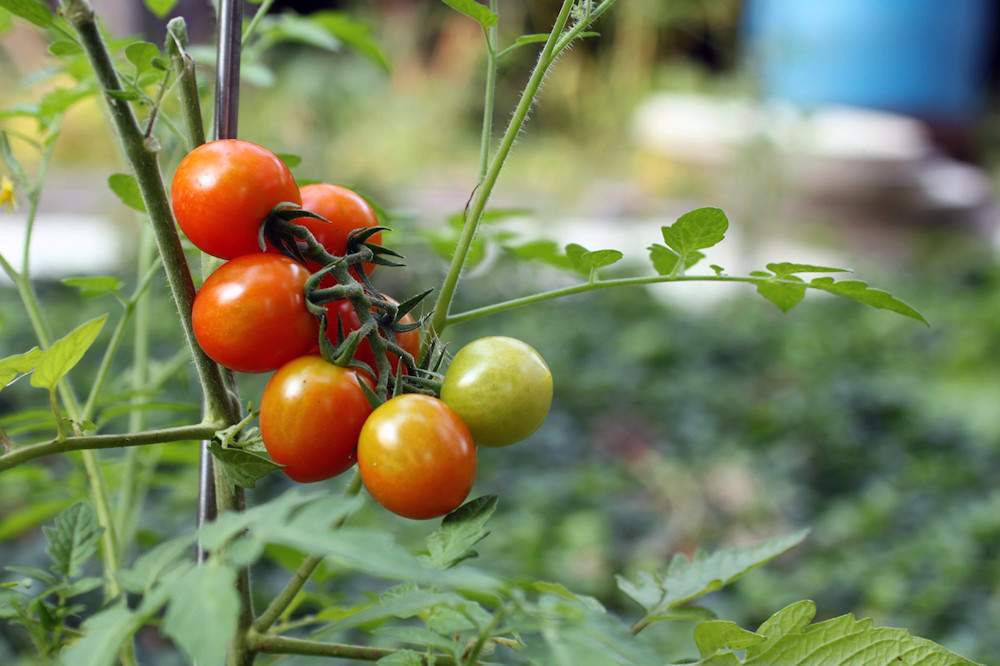
Mulching
Apply a layer of organic mulch around plants to help conserve moisture, suppress weed growth and maintain a more even soil temperature. This is particularly important during hot summer months.
Deadheading
Remove spent flowers from annuals and perennials to encourage more blooms and prolong the flowering season. Deadheading also prevents plants from diverting energy into seed production.
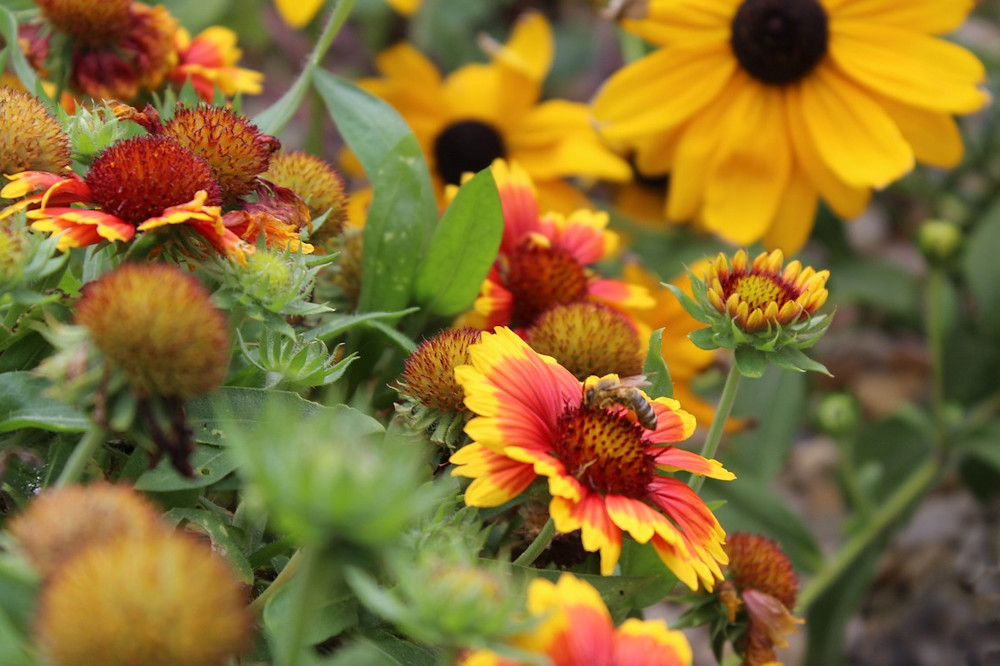
Propagation
July is a good time for taking cuttings or dividing plants for propagation. This can help you expand your garden or share plants with fellow gardeners.
Planning and Maintenance
Take some time to plan for future planting or improvements to your garden. Evaluate the performance of your plants, make notes and consider changes or additions you’d like to make. Also, keep up with regular maintenance tasks like mowing the lawn, edging and general tidying.
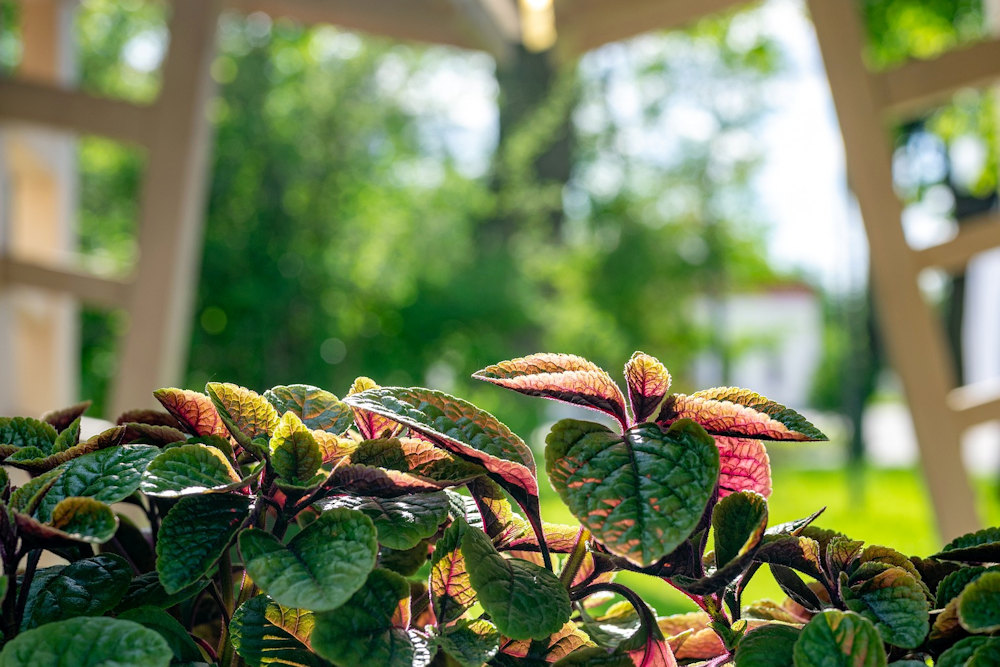
Remember that the specific tasks may vary depending on your location, climate and the type of plants you have in your garden. It’s always a good idea to consult regional gardening resources or local experts for more tailored advice.
